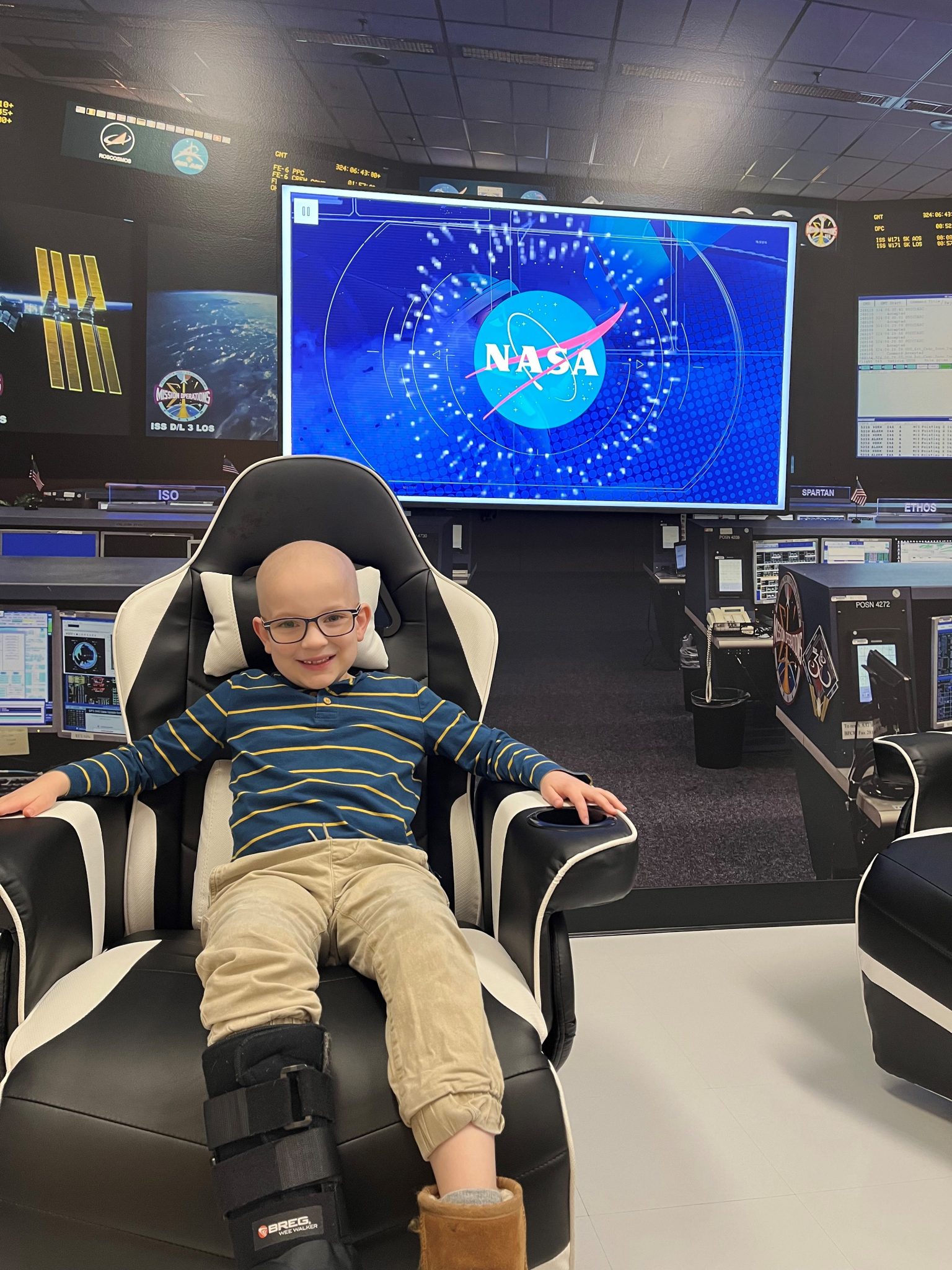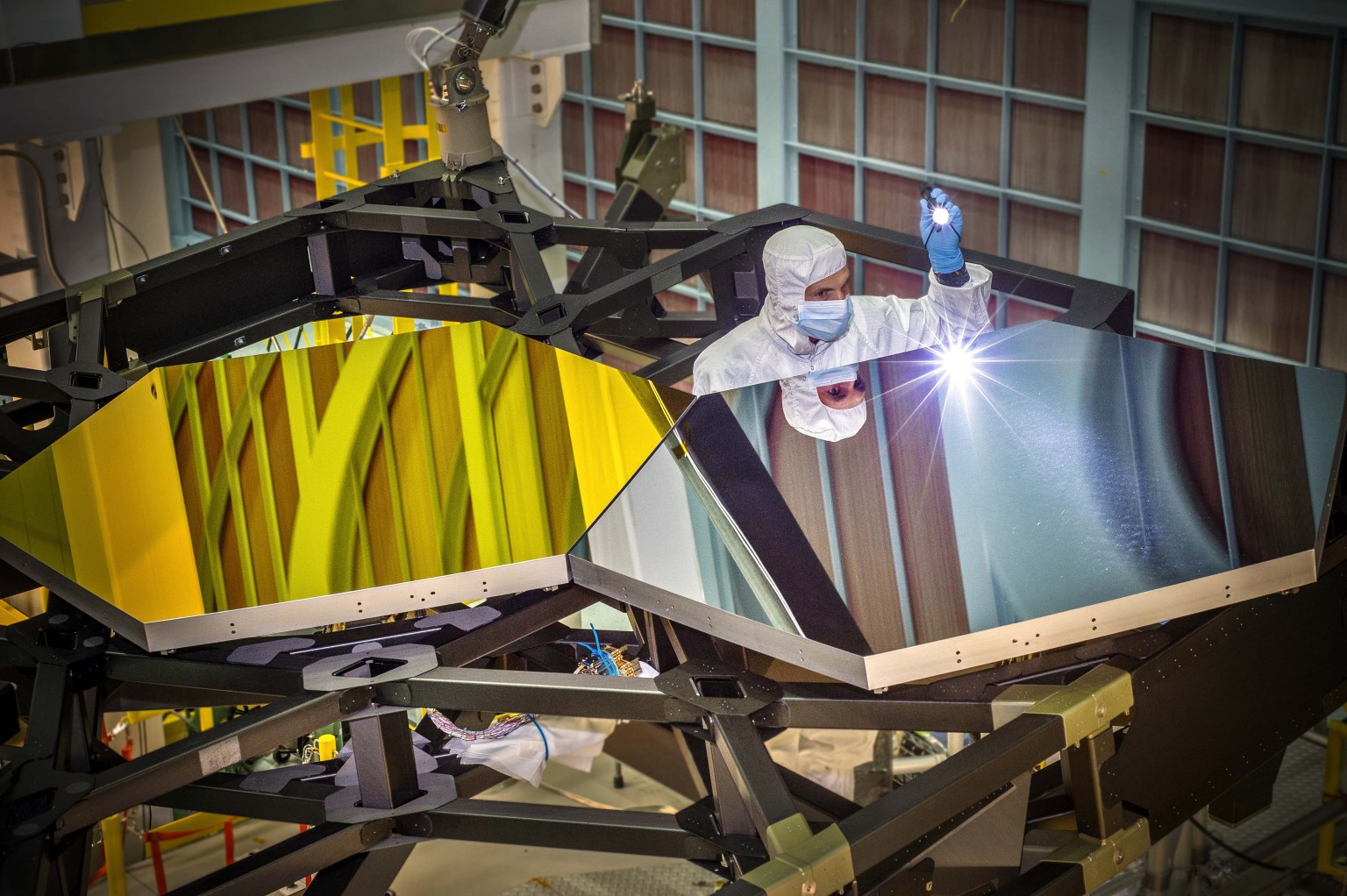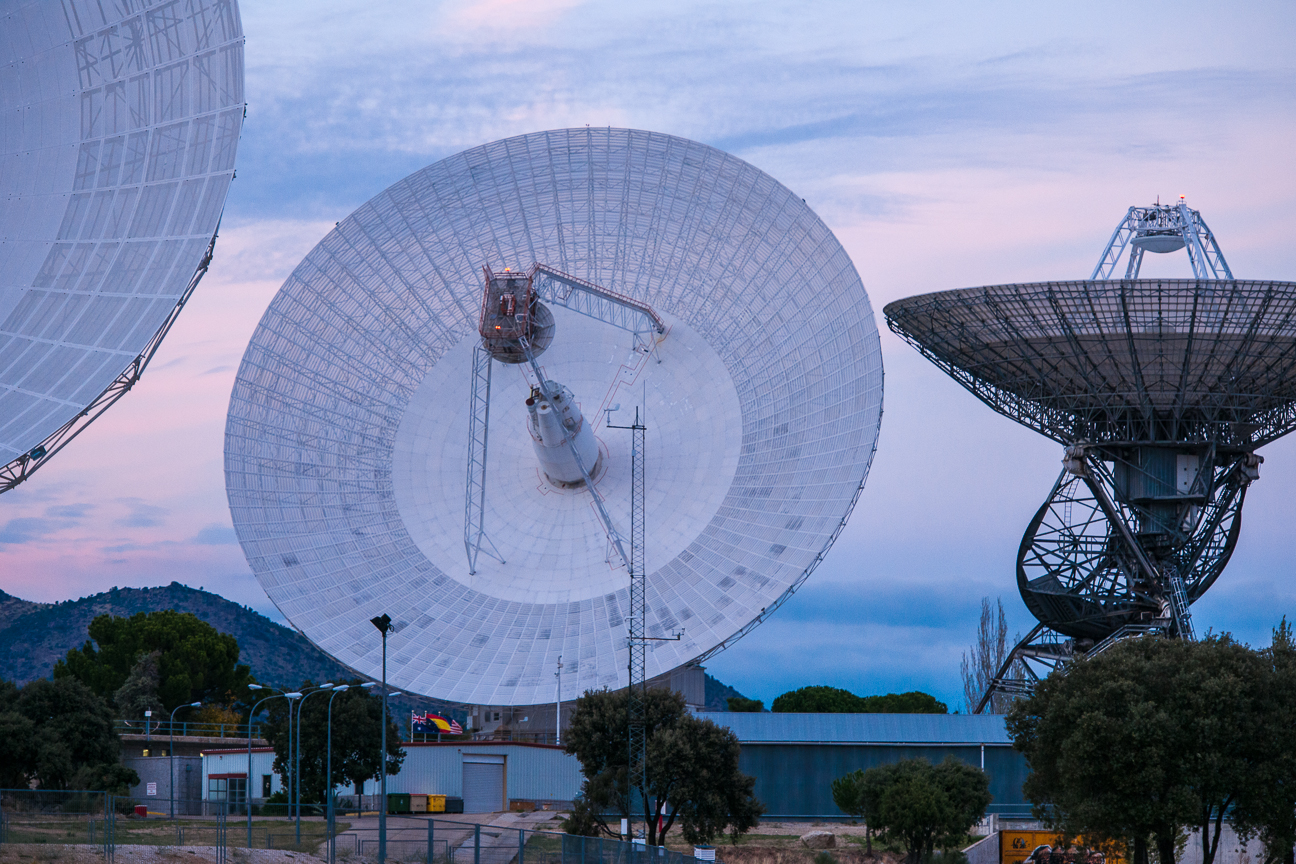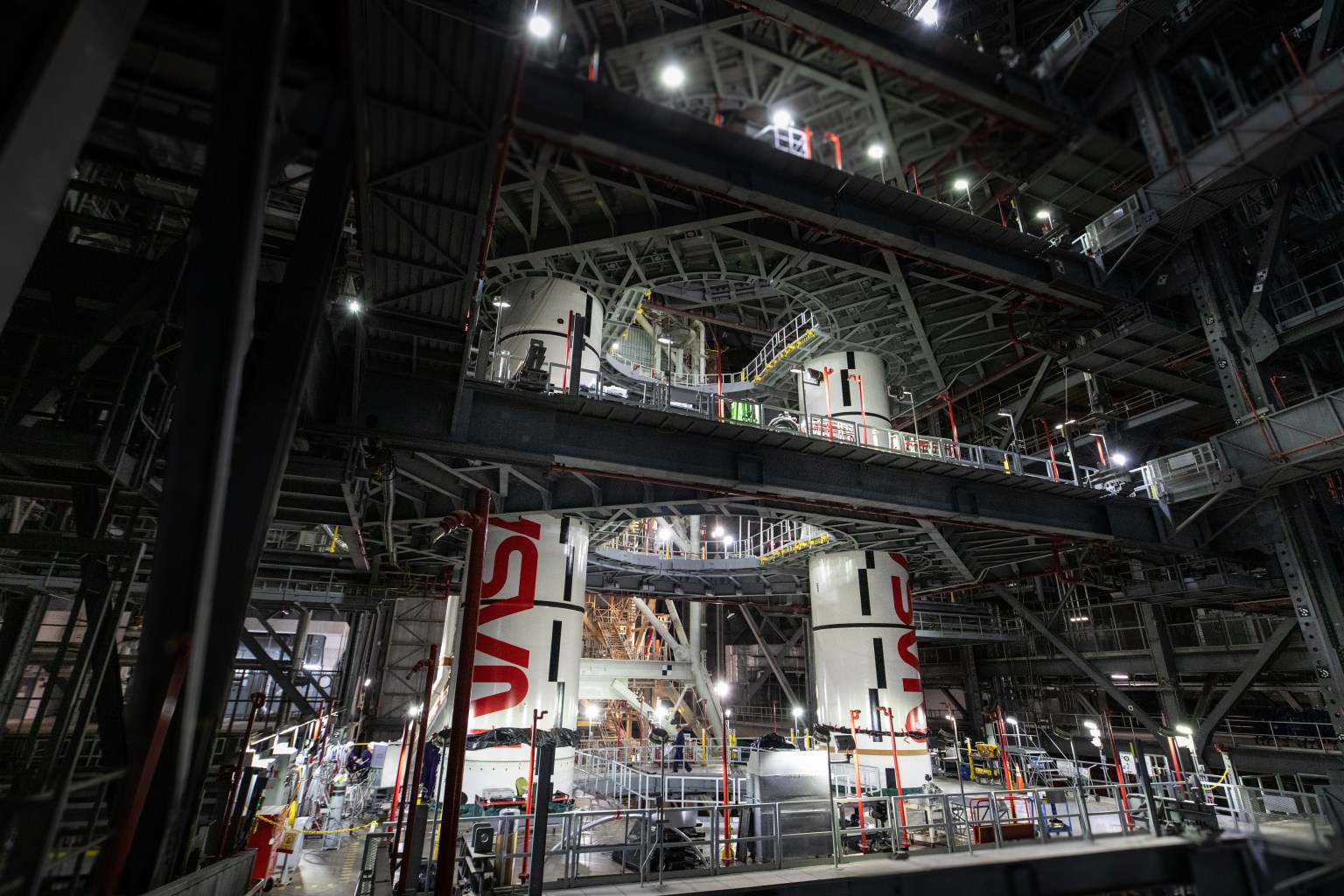“Dr. Corrie! This looks like a spaceship!”
Walking into a radiation treatment room with large, unfamiliar machines can be overwhelming. This feeling is compounded for most patients, since they undergo not just one, but multiple treatment sessions – usually five days a week, and sometimes for as long as eight weeks.
For children, easing anxiety before treatment can make a big difference. When kids don’t know what to expect or haven’t been given tools to cope, they may feel more scared or overwhelmed. In some cases, this can mean needing extra support—like anesthesia—to get through treatment. Helping children feel prepared and supported not only makes the experience easier for them, but also for their families and care teams.
Dr. Corrie Anderson, a Seattle Children’s Hospital pediatric anesthesiologist, works with young patients at Fred Hutch Cancer Center–Proton Therapy who require anesthesia to remain still during treatment. He understands how fear and anxiety can affect a patient’s emotional well-being – and the need to address their feelings with empathy and care. While his role focuses on sedation, he works alongside child life specialists and other clinical staff who help children navigate their treatment experience and help them develop coping strategies that can reduce stress and, in some cases, avoid the need for daily anesthesia.
Dr. Anderson was inspired by something he kept hearing from his young patients.
“A lot of kids, when they first see the proton therapy machine, say, ‘This looks like a spaceship!’” Dr. Anderson, a longtime NASA fan, explained. “So, I thought, ‘Why not use that excitement to help them cope?’”
That simple question led to a powerful collaboration. NASA’s SCaN (Space Communications and Navigation) Program responded with MISSION: All Systems GO! —an initiative co-developed with child life specialists and staff at Fred Hutch, the National Association for Proton Therapy (NAPT) and NASA’s Office of Chief Health and Medical Officer. The program connects the world of space exploration with the medical journeys of patients undergoing radiation therapy.
MISSION’s collection of free and downloadable space-themed materials are highlighted by veteran NASA astronaut, Dr. Kjell Lindgren, who hosts a series of videos explaining to patients and their families the similarities between their medical journeys and an astronaut’s. Dr. Kjell shares what patients can expect during treatment, assuaging their fears with factual advice and encouragement that boosts their sense of control.
MISSION: All Systems GO! supports the work of child life specialists and clinical staff to ensure their pediatric patients and young adults feel prepared, supported and enabled to approach their treatments with curiosity and confidence as they embark on their “mission” aboard their own special “spaceship.”
NASA SCaN thanks Seattle’s Fred Hutch Cancer Center-Proton Therapy, the National Association for Proton Therapy, and NASA’s Office of the Chief Health and Medical Officer for helping make MISSION: All Systems GO! a success.
MISSION: All Systems GO! videos and accompanying materials are downloadable and free for use by medical treatment centers.





























